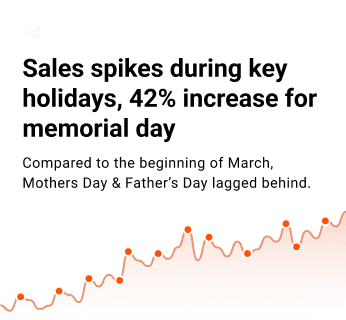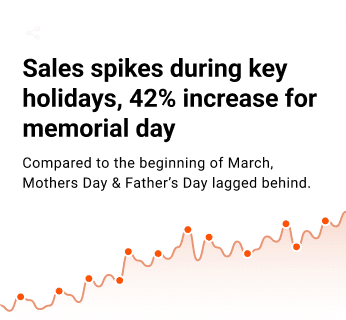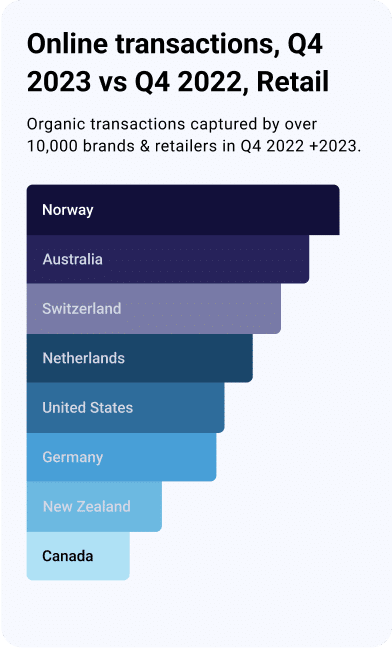Europe’s new General Data Protection Regulation (GDPR) is changing the rules for ad tracking, but could the new regulation actually be beneficial for businesses and consumers alike?
In a recent interview with Beet.TV, Criteo Chief Strategy Officer thinks yes, and that very little will change for Criteo.
“What Criteo’s been doing for years is exactly within the scope of how GDPR is defined,” says Opdyke.
(Learn more: GDPR: Criteo is Ready for the Journey)
In the interview, Opdyke explains the differences between sensitive and non-sensitive personal data, which we’ve explained in a previous blog post here. And for Opdyke, the most important piece to being prepared for GDPR is “really understanding how specific types of data work.”
“Criteo’s always dealt with only pseudonymous data,” says Opdyke. “GDPR does a good job of spelling out the differences between those and encourages the use of pseudonymous data.”
For those concerned about the financial implications of GDPR, the true risk comes from not being compliant as breaching the new rules could mean incurring a fine of up to 4% of global annual turnover, up to a maximum of €20 million.
Accordingly, Opdyke states that “the most important thing is our clients have to understand what GDPR is and how it works. Education is the most important thing, and making sure that people understand that what we’re doing has always been in the realm of what GDPR stands for and will continue to be.”
(Learn More: A GDPR Checklist: Are You Ready?)
Opdyke understands that the GDPR is a “big balancing act between protecting consumer information and being able to both serve relevant ads to consumers and help publishers make money off the internet.”
In other words, the GDPR both protects consumer privacy while allowing advertisers to keep the internet an open and thriving marketplace.
Opdyke concludes, “The more we’re able to show relevant ads and the more other platforms are able to show relevant ads, the more they can effectively pay for the free internet.”





















